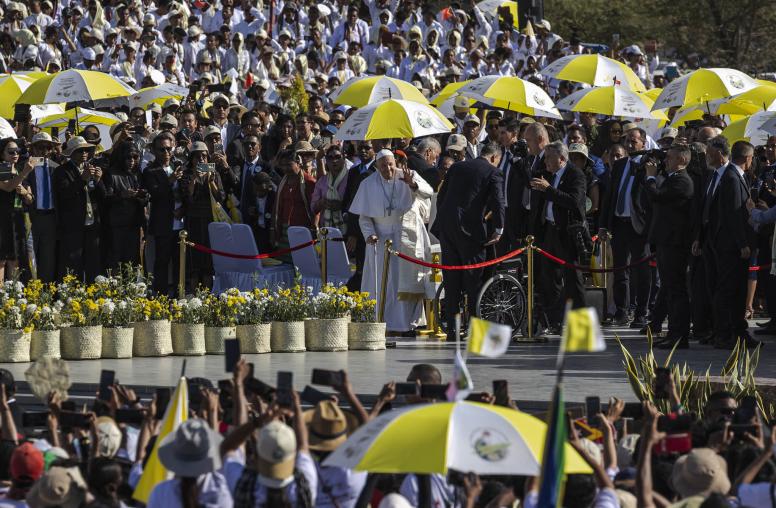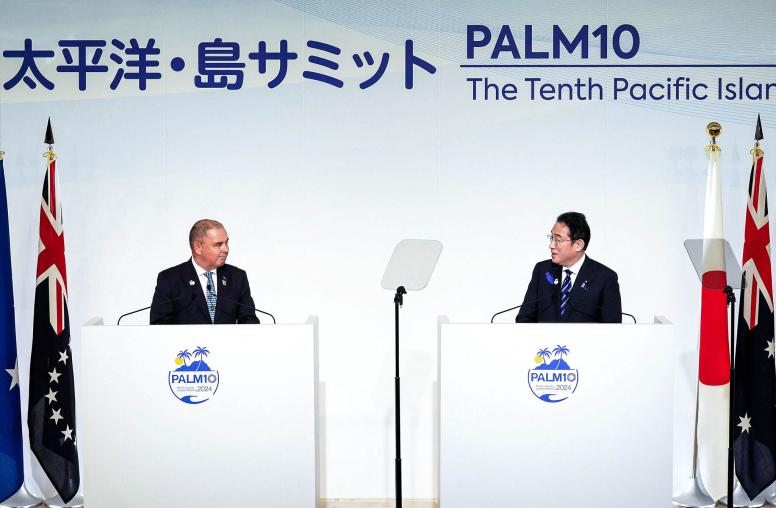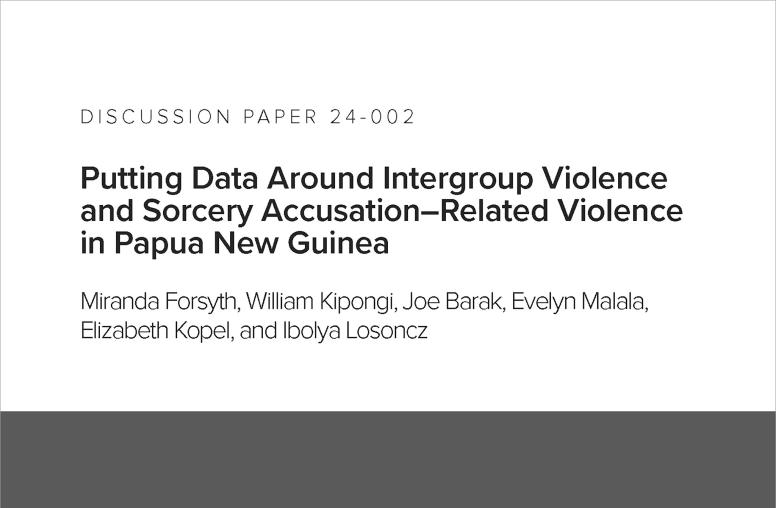Under the Bougainville Peace Agreement, 97.7 percent of Bougainvilleans voted for independence from Papua New Guinea in a 2019 nonbinding referendum. But despite this near-unanimous result, the agreement itself was unclear on how the process should proceed — leaving the governments of Bougainville and Papua New Guinea to develop a political settlement on their own. Kevin Pullen, a doctoral candidate at the Australian National University, explores where the negotiations stand today, why it’s important to prepare Bougainville to manage its own affairs regardless of what shape the political settlement may take, and the situation’s impact on U.S. Indo-Pacific policy.



